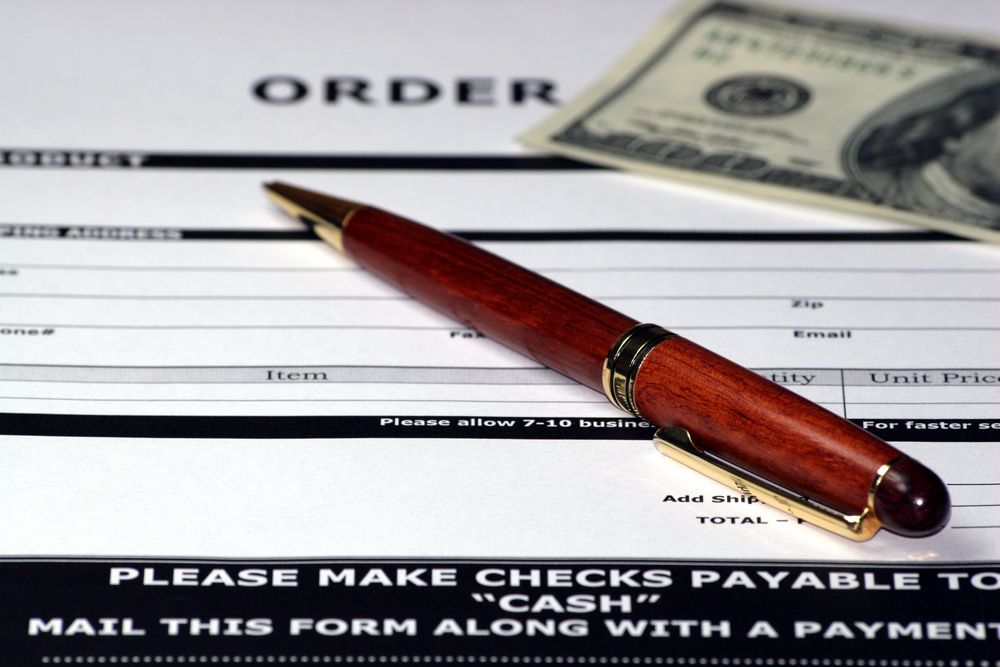What Is a Money Order?

A money order is a secure and convenient way to send money, often used when cash or personal checks are not acceptable. Unlike a personal check, a money order is prepaid, ensuring that it won't bounce and guaranteeing payment to the recipient.
Key Features of Money Orders
- Prepaid and Secure: You pay the full amount upfront, making it a guaranteed form of payment.
- Widely Accepted: Used for rent payments, mail transactions, or situations where cash is not feasible.
- No Bank Account Required: Accessible to those without bank accounts.
- Trackable and Refundable: Each money order comes with a receipt and tracking number for added security.
How to Get a Money Order
- Purchase Locations: Available at post offices, banks, grocery stores, and convenience stores.
- Payment Method: Pay using cash, debit card, or a traveler’s check.
- Filling Out the Money Order: Include the recipient's name, your address, and the amount.
Fees and Limits
- Fees: Typically range from $1 to $5, depending on the issuer and the amount.
- Limits: Usually capped at $1,000 per money order. For larger sums, multiple money orders may be required.
Benefits of Using Money Orders
- Safety: Reduced risk of theft compared to carrying cash.
- Proof of Payment: Provides a paper trail, useful for disputes.
- Convenience: Easy to purchase and redeem, even without a bank account.
When to Use a Money Order
- Paying Bills: Ideal for rent, utilities, or other bills.
- Sending Money: Safe option for sending funds through the mail.
- Purchasing Items: Useful for transactions where personal checks or credit cards aren't accepted.
A money order is a reliable and secure payment method, especially useful for those without bank accounts or in situations where cash isn't practical. With easy access, low fees, and added security, it's a smart choice for various financial transactions.
👍
